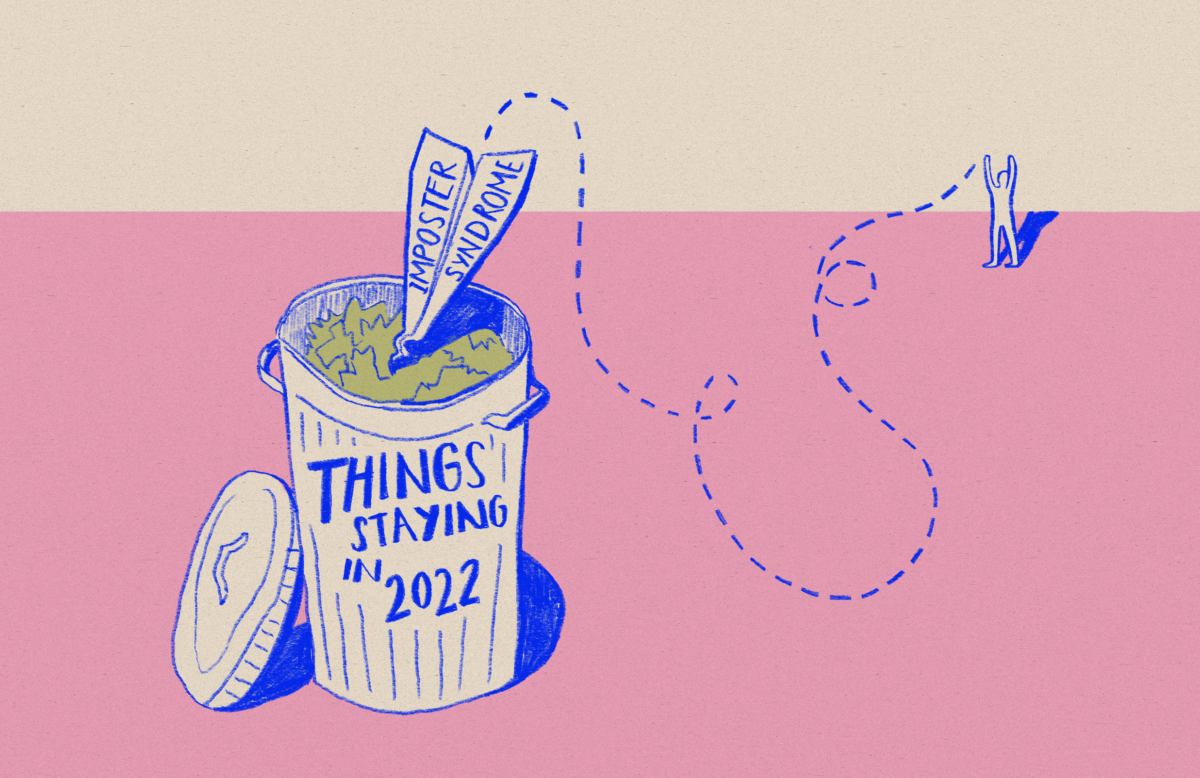Concordia counsellor hosts workshop on imposter phenomenon for students.
“I’m not supposed to be in this program.” “The selection committee must’ve made a mistake.” “I’m fooling everyone around me into thinking I know what I’m doing: that won’t last.”
These kinds of thoughts are typical of imposter phenomenon and all too common in university students, according to Camila Velez, Concordia wellness counsellor and psychotherapist.
Imposter phenomenon is the belief that people falsely think you are more competent than you really are. It is accompanied by anxiety that you will be found out and exposed as a fraud.
On April 6, Velez hosted a workshop exploring imposter phenomenon and how to deal with it.
Even though it is more commonly known as imposter syndrome, Velez prefers the term “phenomenon.”
“I think it really reflects the spectrum of imposter phenomenon,” she said. “How it’s multi-dimensional, and how it’s often influenced by external factors, not within the individual.” These factors include competitive environments or systemic barriers that can affect marginalized communities.
During the workshop, Velez explained that women and people of colour are more likely to experience imposter phenomenon.
According to Velez, university structures are especially prone to contribute to students experiencing imposter phenomenon. Constant evaluations, feedback, new challenges, and the fear of failure contribute to students feeling incompetent.
“Most of us experience those feelings, but we don’t share them [with others],” said Velez. “That’s also something that can be quite isolating as a university student.”
During the workshop, Velez offered students an evaluation tool and several strategies to cope with imposter phenomenon. She advised students to normalize their feelings, to treat themselves with self-compassion, to practice a growth mindset and to say positive affirmations.
Velez also warned against the culture that encourages students to let their mental health take the back seat.
“We see our value tied to productivity, tied to achievements,” she said, “and we often neglect our mental health, our self-care. We neglect treating ourselves as human beings before students.”
